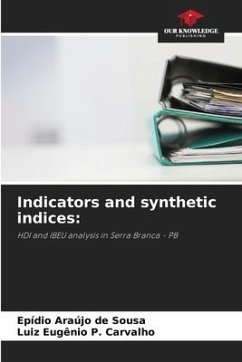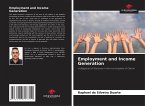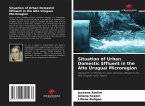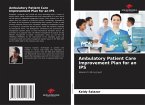Currently, one of the instruments used for the development of public policies in Brazilian municipalities is the analysis of indicators and indexes on different themes. In general, the indexes bring a sample about the reality of the municipality in several areas and themes (Education, Health, Income, Urbanization, Quality of Life, Risk, etc.). The valorization of indicator and index systems started in 1990 with the appearance of the Human Development Index (HDI), but its history began in the beginning of the 20th Century. In Brazil, there is a diversity of indexes, which serve as instruments for the development of public policies that will be linked to territorial development. One of the indices that most develop public policies in Brazil is the HDI, which is based on three dimensions: education, income and longevity. Another recent index is the Urban Well-Being Index, which studies the quality of urban services and the quality of Brazilian cities in five dimensions. With that the present work has as general objective, to analyze the Human Development Index and the Urban Well-Being Index in the municipality of Serra Branca Paraíba.
Bitte wählen Sie Ihr Anliegen aus.
Rechnungen
Retourenschein anfordern
Bestellstatus
Storno








